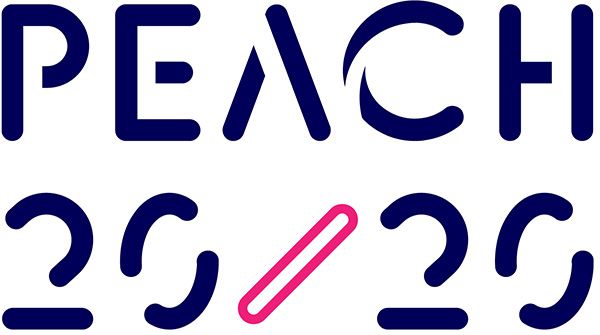The state we’re in: the search for growth
)
And the tools to achieve it? Relentless focus on ‘product’ and ‘productivity’.
Here’s what we learned.
The Cost Challenge: the triple whammy
The sector is grappling with a “triple whammy”: increased minimum wage, higher National Insurance contributions and raised thresholds. Collectively, these pressures have removed hundreds of millions from the industry's bottom line. Yet, simply cutting costs is not a sustainable strategy. Operators must instead find ways to restore both margins and EBITDA through intelligent growth strategies.
Confidence: fragile, but stable
Market confidence remains low. According to latest CGA data, only 34% of group operators currently express optimism. While that’s an improvement over the independent sector (which continues to struggle disproportionately), the outlook remains cautious. But consumer confidence, particularly among Gen Z and millennials, is beginning to rise, which may signal the start of a broader recovery - provided the industry can adapt.
Growth: same store, new sites, or new channels
The imperative now is profitable growth - not just top-line expansion. That includes:
- Driving same-store sales through quality and experience
- Carefully selecting new locations
- Exploring alternative business channels
Operators must attract high-margin guests and focus on high-value occasions - without compromising the guest experience.
Product and Productivity: the dual pillars
“Product” refers to the guest offer - what makes people choose your venue. “Productivity” is about doing it better: streamlined operations, smart scheduling, better service with fewer resources. Martin emphasised that cutting quality to save costs is self-defeating in a market where consumer expectations are rising and there’s no shortage of choice.
Operators succeeding today are doing more with less by:
- Repositioning their brands
- Upskilling their teams
- Investing in tools that improve efficiency and experience
- The market landscape: churn, not collapse
There’s churn, not collapse, in the sector. While media reports often focus on closures, the reality is more nuanced: new openings outpaced closures last year. What matters is who is opening, where, and why. Legacy brands may be faltering, but agile operators - particularly in fast-casual and experience-led models - are thriving.
Examples include:
- The success of managed pubs vs. the decline of wet-led independents
- Growth in experiential venues like Flight Club, where 85% of revenue still comes from F&B
- Operators adapting formats to suit new consumer behaviours (e.g. earlier dining times, premium alcohol-free options)
AI and technology: the transformation engine
Technology and AI are emerging as the sector’s strategic differentiators. From intelligent sales forecasting and staff scheduling to site selection and guest engagement, the operators that embrace digital will lead the market.
One compelling example is Gail’s, which uses AI to analyse over 100 metrics for new site selection - going far beyond old heuristics like “near a Waitrose.”
While 100% of senior leaders see value in AI, only 39% feel confident in deploying it. This creates a clear opportunity for suppliers and partners to support operators with knowledge, implementation, and innovation.
People, Purpose, and Culture
Staff retention is the linchpin of productivity. Operators must offer not just competitive pay but also:
- Flexibility
- Growth opportunities
- Recognition
- Clear communication
The rising Gen Z workforce expects alignment with their values. Culture, sustainability, and work-life balance matter deeply - and they’re willing to walk if those aren’t delivered.
Martin underlined that sustainability is no longer a nice-to-have; it’s a business imperative. It influences employee engagement, investor decisions and even consumer loyalty.
Final thoughts
Peter Martin’s address was both a reality check and a rallying call. The industry is under pressure - but also full of possibility. For C-suite leaders in multi-site hospitality, the message is clear: adapt, invest in smart growth, and put experience at the heart of your strategy. The future won’t reward those who slash and retreat - but those who evolve with purpose, agility, and clarity.
*Thanks to our Peach 20/20 partners CGA by Niq, Harri and Sona for the data used in the presentation.


